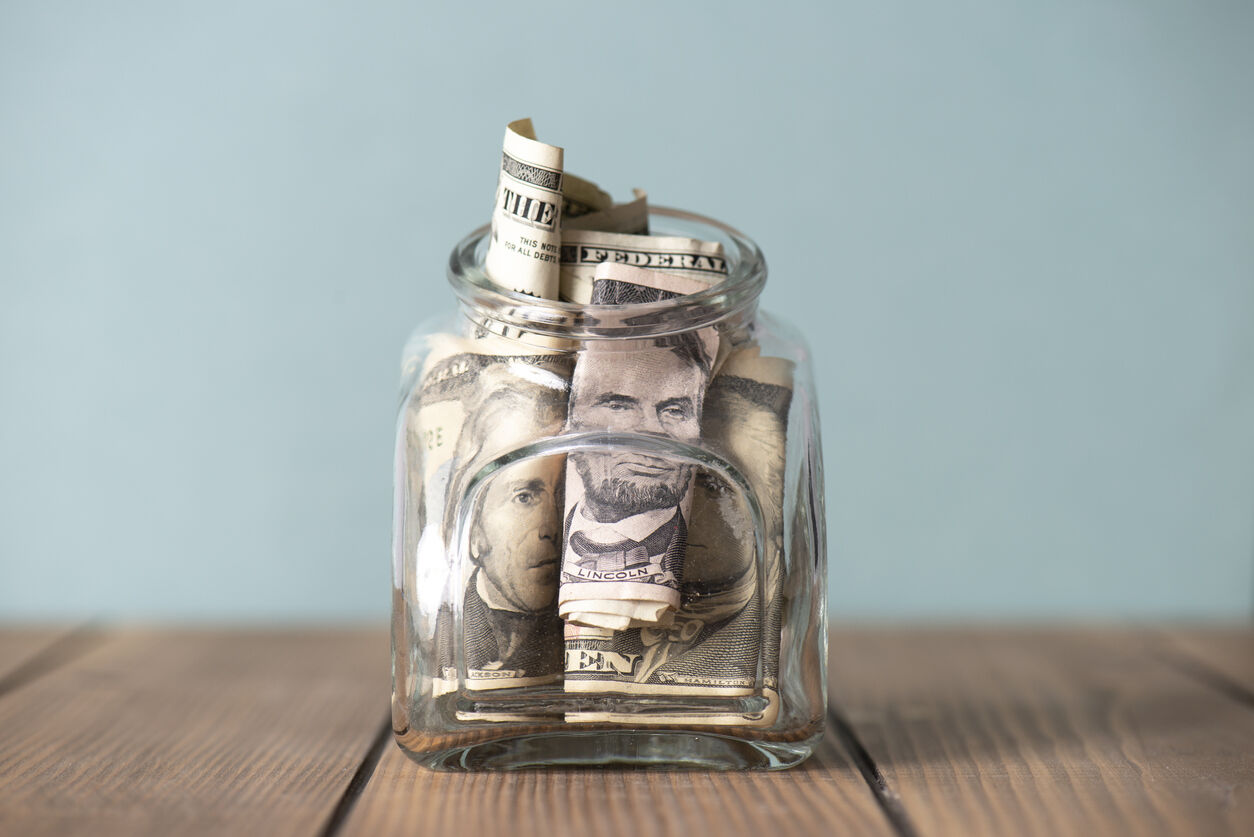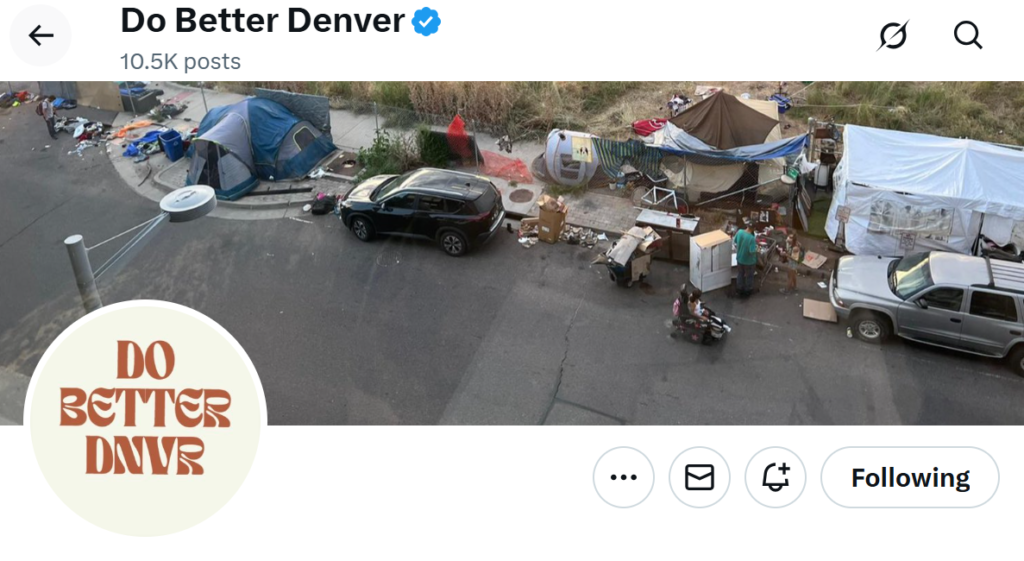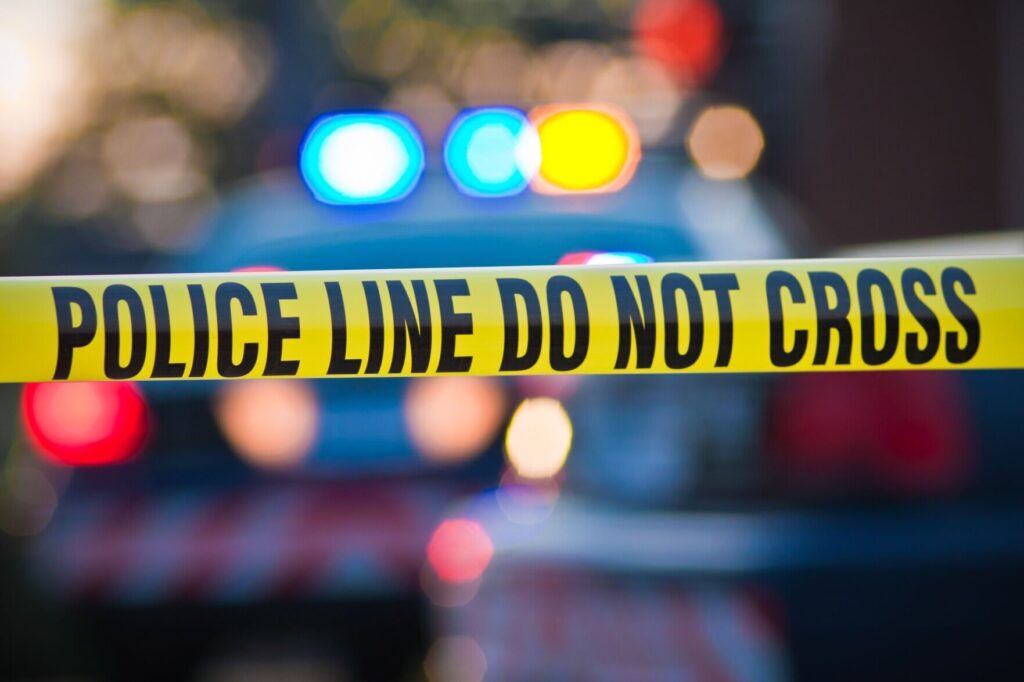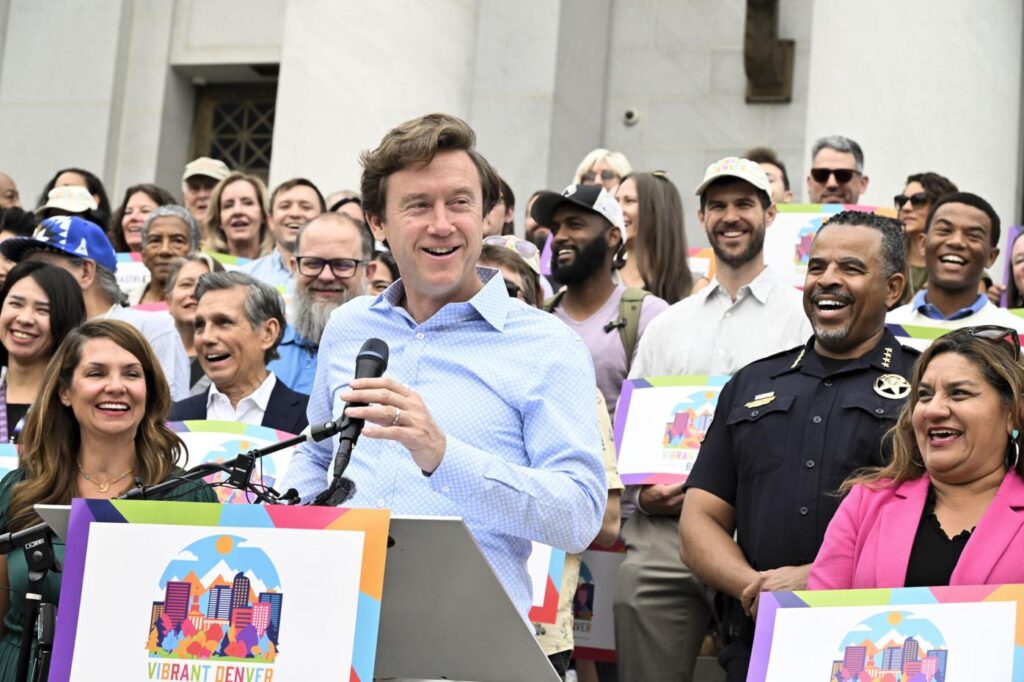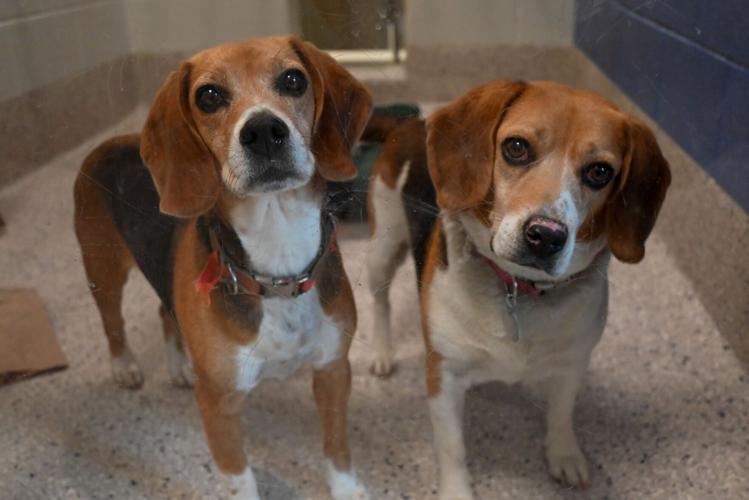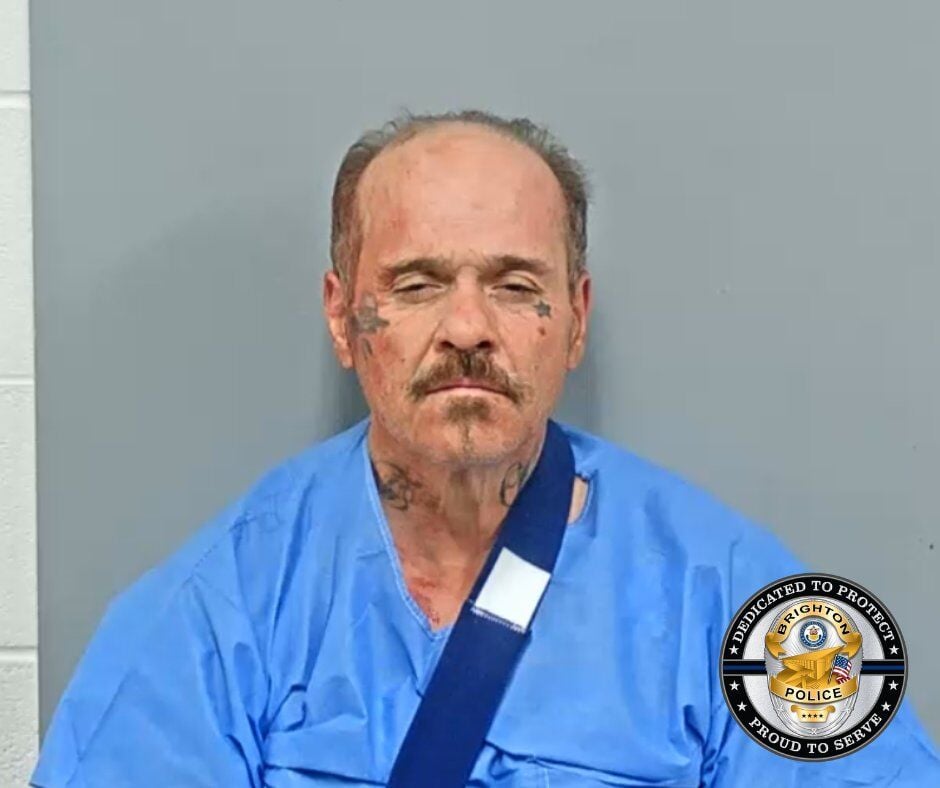Millions more in emergency relief is on the way for Denver’s small businesses
As the pandemic rolls on, Denver officials are deploying another $6 million in city and state emergency grants to meet “significant demand” from small, local businesses that find themselves floundering.
The Denver City Council unanimously approved two contracts on Monday that will “bolster and expand” Denver’s Small Business Emergency Relief Fund, according to city documents, by adding $1.5 million in local emergency relief funds and just over $4.5 million from the Colorado Department of Local Affairs, cash that state rules require be in the hands of business owners by Feb. 12.
The agreements, which run through the end of the year, are between Denver Economic Development and Opportunity and Mile High United Way, a large social services nonprofit the city has partnered with throughout the pandemic to administer aid to small businesses.
The city applied for state funds in late December and was granted approval in an award letter on Jan. 15. In “anticipation” of receiving aid, Denver’s economic development office opened its grant application process early this month.
One key difference with the new round of funding, to business owners’ delight, is that previous grantees are allowed to apply again. For anyone applying, only one grant application needs to be submitted to be eligible for both city and state grants.
“Since needs continue to be dire across Denver’s many COVID-impacted industries, a single portal of the city’s (Small Business Emergency Relief Fund) program will thus be able to apply applications to the funding source best suited to them and ensure that as many struggling businesses as possible can be served as quickly and efficiently as possible — both within as well as beyond the state guidelines for eligibility,” DEDO officials wrote in a contract request to the city council.
Officials also explained in that same request why they have continued contracting with Mile High United Way, which receives a 5% cut for its services.
In an “intentional effort to balance program integrity with the urgency of the COVID-19 crisis,” they wrote, the city chose to draw once more on Mile High United Way because of the “unique qualifications and infrastructure” the organization has “demonstrated” doling out SBERF dollars.
Denver officials also said the city plans to continue using the SBERF to provide emergency grants and other small business support “as expeditiously as possible.”
As of Dec. 31, the city had awarded $12 million through the SBERF to more than 2,000 of Denver’s smallest businesses, according to DEDO. Grants were capped at $7,500 and distributed based on revenue loss.
City officials report that 31% of businesses awarded were woman-owned;19% were minority-owned; and 17% were minority- and women-owned.
The relief program “maintains a very strong commitment to delivery through an equity lens,” city officials say, and aims to “prioritize small businesses located in neighborhoods identified by DEDO at most risk of involuntary displacement.”






